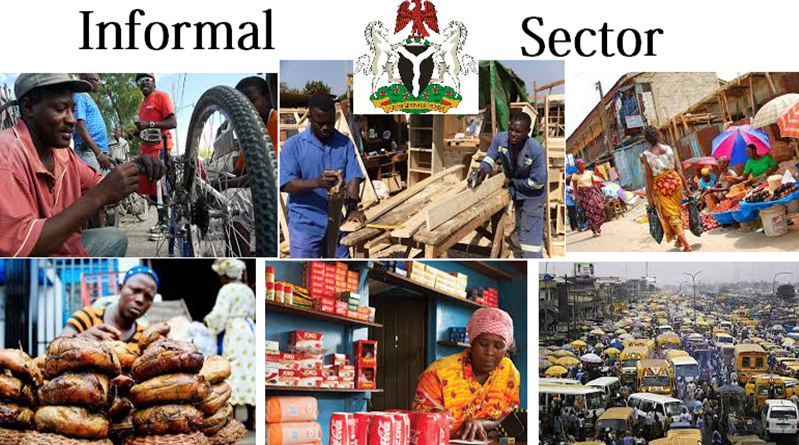Informal Sectors Dominate African Markets – Quartz Africa
When it comes to African economies, particularly in sub Saharan Africa, many of us are instinctively aware that most markets are dominated by their informal sectors.
The International Labour Organization (ILO) has estimated the informal sector’s average size as a share of GDP in sub-Saharan Africa is 41%. This is as low as under 30% in South Africa to 60% in Nigeria and Tanzania. It’s an even bigger employer, representing some 75% of non-agricultural employment, and over 70% of total employment in sub-Saharan Africa. More than 90% of new jobs created in some African countries are in the informal economy.
To be clear, the vibrancy of the informal sector is as much out of necessity as it is a sign of the vibrancy and entrepreneurial spirit of Africans. It’s no coincidence that Africa’s most advanced economy, South Africa, has one of the lowest shares of GDP attributed to the informal sector. But for many African countries—as in other emerging markets around the world—the paucity of basic infrastructure and smaller corporate sector, means the informal sector is often the main option for economic opportunity. And this won’t change anytime soon, World Bank research found people with higher education are increasingly seeking work in the informal sector.
This isn’t good news for African governments as the informal sector, by its very definition, usually implies lower tax revenue opportunities. This comes at a time when multilateral organizations like the World Bank and IMF are pressuring African governments to diversify from commodities and step up revenue collection—as Christine Lagarde did in her interview with us while in Addis Ababa earlier this month.
But what role has digital technology played in enabling, or even undermining, the informal sector? This is what researchers at London School of Economics set out to uncover in a new white paper.
The paper is generally optimistic, but clear-eyed, about the potential of new information technology to enhance various sectors from agriculture and transport to mobile money and employment. But it cautions, “digital innovations are not only disruptive of formal economies; they can also disrupt structures and routines in the informal economy, bypassing and disadvantaging some precarious workers even as they include others.”
The researchers are concerned that some at the bottom of the economic pyramid could get left behind if the focus of new technology’s impact is just about productivity increases, reduced transaction costs and low value jobs. They suggest the focus should be on “public benefits, decent work, long-term economic development and social protection for poorer people. They also suggest a greater focus on public as well as market-led forms of digital innovation.
— Yinka Adegoke, Quartz Africa editor




